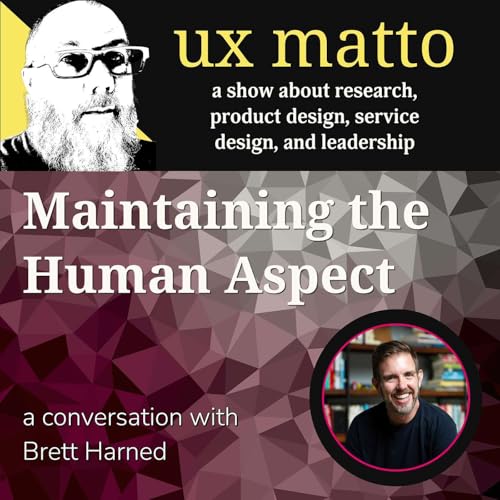Summary
In this conversation, Lee and Matthew explore the themes of apathy, nihilism, and the complexities of professional identity within the design industry. They discuss the challenges designers face in client relationships, the importance of trust and expertise, and the ongoing journey of self-discovery. The dialogue emphasizes the need for empathy, collaboration, and authenticity in design, while also reflecting on the search for meaning and fulfillment in work.
Bio
Lee Fuhr is a hands-on creative executive with 25 years of experience who helps companies clearly and convincingly explain what they do, then creates the marketing materials that bring those messages to life. He’s worked across the spectrum from startups to Fortune 500 enterprises, with a particular focus on manufacturers, builders, and other companies in practical, undersupported, real-world industries. He founded Cozy Design, scaled it from a solo practice to a full-service agency, and sold it in 2023. He also runs San Diego Digital Designers, a community of 1100+ professionals. Having learned what works versus what’s expensive theater, he’s now back at the keyboard executing the work - websites, sales decks, presentations, campaigns, and more.
Takeaways
- Apathy can often feel like a passive state, but it can lead to deeper existential questions.
- Designers often struggle with client expectations and the subjective nature of design.
- Experience plays a crucial role in shaping design decisions and client interactions.
- Trust between clients and designers is essential for successful collaboration.
- Navigating the balance between personal and professional life is a common challenge for many.
- Finding meaning in work can be a complex journey, often intertwined with personal growth.
- The importance of empathy in design cannot be overstated; it fosters better client relationships.
- Humor can serve as a coping mechanism in the often stressful world of design.
- Authenticity in professional identity is key to finding fulfillment in work.
- The journey of self-discovery is ongoing and can lead to unexpected insights.
Chapters
00:00 Cold Dramatic Open
02:17 Apathy, if you care.
06:41 Client Relationships and Trust
11:54 Understanding the Designer's Perspective
16:36 Intolerance for Injustice in the Workplace
29:03 Investing in Personal Growth
31:32 Striving for Meaningful Work
47:58 The Balance of Worry and Striving
54:01 7 +/- 2 Questions
54:55 What's something you did recently that went really well?
55:43 Why can't we have nice things?
59:00 What is the biggest earthquake you've ever been in?
01:01:32 What's the best road trip you've ever taken?
01:02:46 What do you hope to not be carrying anymore?
 2025/11/281 時間 7 分
2025/11/281 時間 7 分 57 分
57 分 55 分
55 分 1 時間 9 分
1 時間 9 分 56 分
56 分 2025/08/2252 分
2025/08/2252 分 1 時間 2 分
1 時間 2 分 1 時間 5 分
1 時間 5 分
